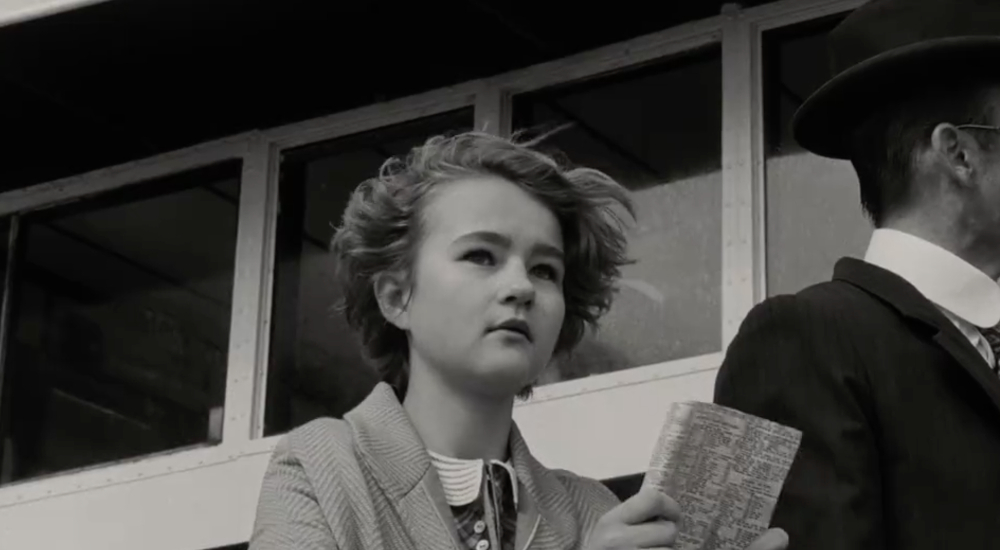Wonderstruck has all the elements of an enduring kids’ movie. In fact, it has all the elements of an enduring movie, period. So why didn’t I love it, even though I was primed to?
Part of Wonderstruck’s problem is inherent to its structure: In telling parallel stories, it can never quite find the right pace in cutting between them. In 1977, Ben (Oakes Fegley) is an orphaned kid living with his cousins in rural Minnesota. He misses his free-spirit mom (Michelle Williams) and never met his dad. Fifty years earlier, Rose (newcomer Millicent Simmonds, in the child performance of the year) is a deaf mute obsessed with a silent screen star (Julianne Moore) and frustrated with her stern father (James Urbaniak).
The kids share a lot of common bonds, even as they’re completely unaware of each other’s existence. They’re both lonely, both clever, and both run away to New York City to find some answers about where they belong. At times, the movie is very canny about handling the childhood swirl of emotions. Other times, they literally spell out what they’re feeling, which feels a bit like cheating.
Ben and Rose also share a connection, but it’s one that ultimately feels like one thing too many. Before Ben flees to New York, he goes temporarily deaf. This adds to his lost feeling in the big city, but so many other things happen, it’s an unnecessary layer of difficulty on his journey. (It’s also deployed more effectively in Rose’s story, which has no audible dialogue.)
The movie takes a long time to get going, because early on editor Affonso Gonçalves sometimes cuts within the same scene. But once Ben and Rose are both in New York, they split their screen time much more evenly and cleanly.
But throughout, the film is never less than gorgeous, with beautiful images from Edward Lachman, both in color and black-and-white. And Carter Burwell’s score is the best of the year so far. And even if the film doesn’t build so much as unfold, its last 30 minutes are absolutely splendid.
Unlike the kids in the film, I was not in awe during Wonderstruck. But I was always impressed and often delighted, which is still quite a feat.

